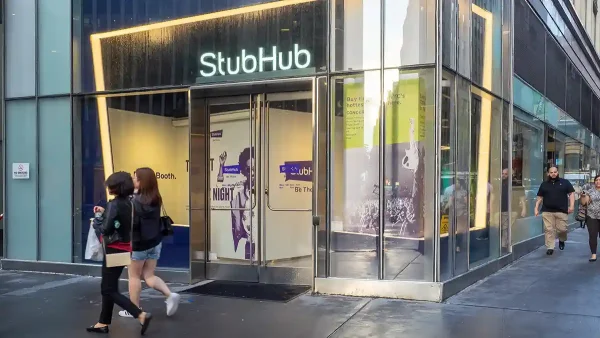Arizona legislators consider ticket surcharge to help Chicago Cubs build spring training stadium
The Arizona state legislature will abandon plans to help subsidize construction of a new Chicago Cubs spring training facility through a rental car tax, but legislators will continue their efforts to impose a ticket surcharge on all spring training games in order to help the Cubs build their new field.
The original bill, HB 2736, included proposals for both a $1 car rental tax and an eight percent ticket surcharge for all games in Arizona’s Cactus League, where 15 major league teams hold spring training each year. Scott Smith, mayor of the Cubs’ spring home of Mesa, AZ has reportedly praised the efforts to raise money for a new facility, emphasizing the potential benefits to area tourism and employment opportunities.
State Rep. John McComish, House Majority leader and a co-sponsor of the bill, claimed that the fees as originally proposed would have provided two-thirds of the $84 million needed for a new Cubs facility (with additional funds coming from the City of Mesa) and also would have helped other teams in the League whose facilities are outdated. However, there was a backlash from the rental car industry in Arizona, and McComish hopes that eliminating the tax proposal can allow the legislative body to focus their attention on only passing the ticket surcharge.
The problem is that this surcharge proposal reportedly has been quite unpopular with the 14 other teams in the Cactus League. In February, the Seattle Mariners and Chicago White Sox claimed that no League team, save the Cubs, was in favor of this surcharge, which has been dubbed the “Cubs tax.” Owners have asserted that such a surcharge, meant primarily to benefit the Cubs organization, seems like an unfair burden for their own fans to shoulder.
Public funding for stadiums has become more of a hot button issue than ever since the nation’s economy has deteriorated. Recent years saw legislative outrage regarding the New York Yankees’ use of public financing to complete their new stadium, as well as their method of using “payments in lieu of taxes.” In 2008, the Supersonics ended up leaving Seattle for Oklahoma City following the team’s failed attempts to secure substantial public funding for a new arena.






